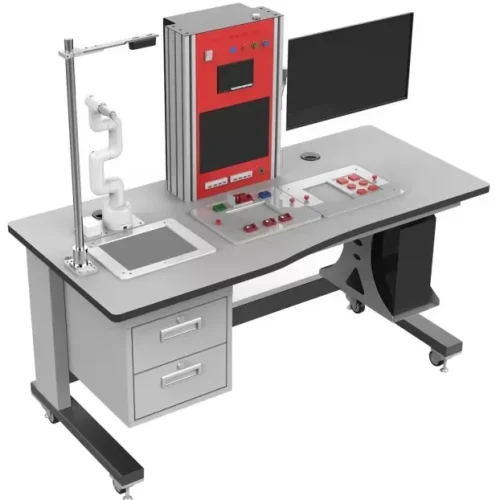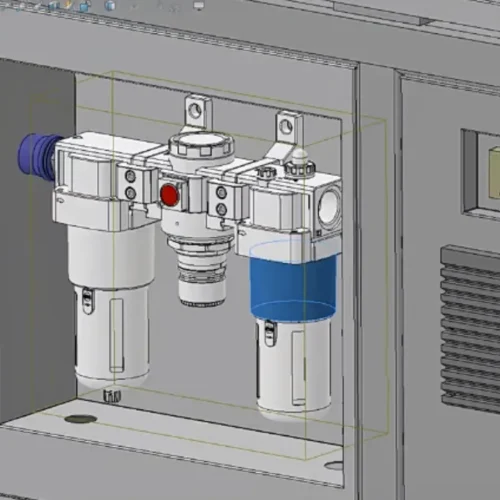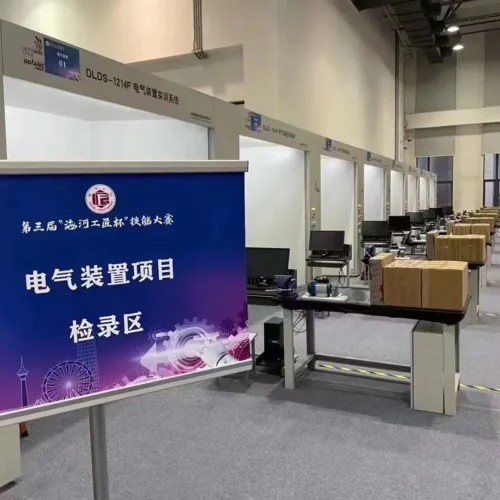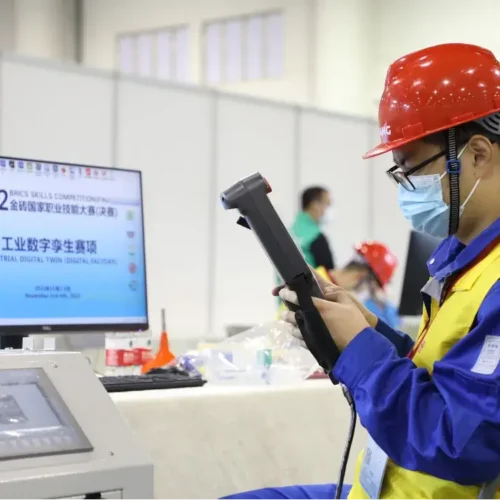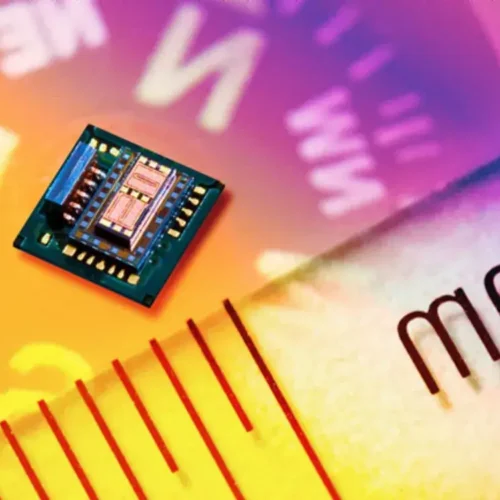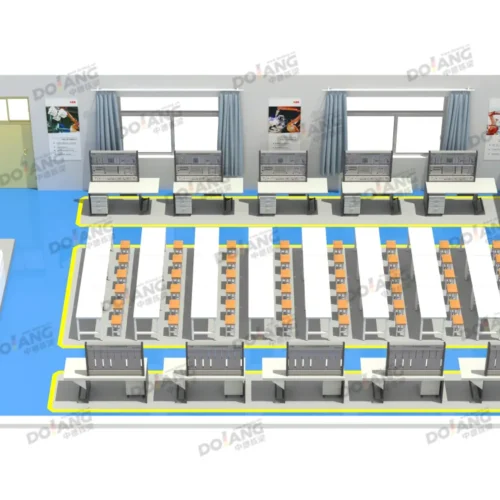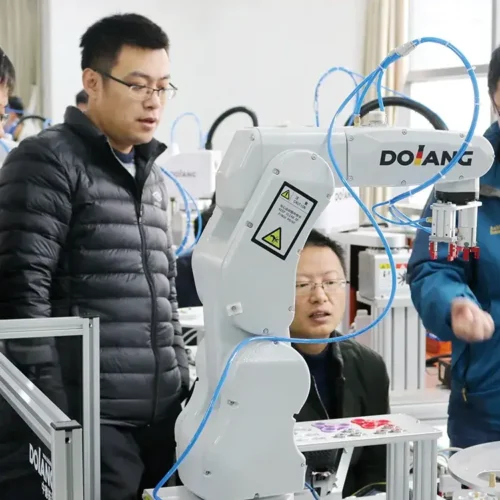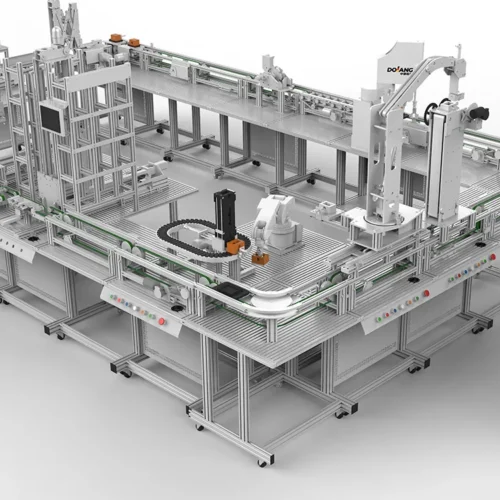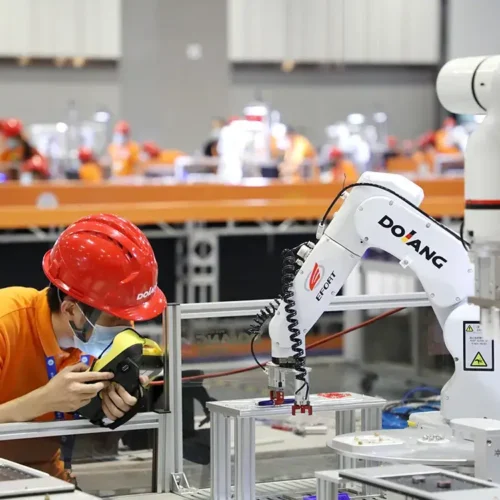To enhance its industrial core competitiveness, Germany proposed Industry 4.0 in 2013. Industry 4.0 aims to combine the manufacturing industry with the Internet to improve the intelligence level of the manufacturing industry. Once the concept of Industry 4.0 was proposed, it caused a sensation all over the world. Other countries followed, with the United States proposing the “Industrial Internet” and China proposing “Made in China 2025”. These three are the same in essence, and they all point to the same core: intelligent manufacturing. For most people, Industry 4.0 manufacturing is a very new concept. If you are also curious about smart manufacturing Industry 4.0, read on!
I. What is Industry 4.0?
The origin of Industry 4.0 manufacturing.
If the steam age is the first industrial revolution, the electrical age is the second industrial revolution, and information technology is the third industrial revolution, then Industry 4.0 is the fourth industrial revolution.
The first industrial revolution

In the 1760s, Hargreaves, an Englishman, invented the Jenny spinning machine. The advent of the Jenny Spinning Machine kicked off the Industrial Revolution. Since then, many advanced machines have appeared in the cotton textile industry. Soon, machine production was also in many industrial sectors, such as coal mining and metallurgy. As more and more machines are produced, the original power cannot meet the production needs.
In 1785, Watt’s improved steam engine was put into use. The steam engine provided more convenient power and was rapidly popularized. Human society has thus entered the age of steam.
Britain was the first country to initiate the Industrial Revolution and the first country to complete the Industrial Revolution. The success of the technological revolution made Britain the most powerful nation then.
The second industrial revolution

Time to the mid-19th century. With the development of the economy, great progress has been made in natural science research. Especially around 1870, various new technologies and new inventions emerged one after another. In 1866, the German Siemens made a generator. In the 1970s, practical generators were introduced. Electrical appliances started to be used in factories and became a new power source. Electric lamps and telephones appeared one after another. Human beings entered a new era-Electric Age.
The third revolution of science and technology
In the 1940s and 1950s, the third technological revolution began. The third technological revolution featured the application of atomic energy technology, aerospace technology, and electronic information technology, as well as high and new technologies such as artificial synthetic materials, molecular biology, and genetic engineering. In 1957, the Soviet Union was the first to launch an artificial satellite, ushering in a new era of space technology development. Not far behind, the United States also launched an artificial earth satellite in the late fifties. Since then, the competition between world powers has changed from the ground to the air.
The benefits of the technological revolution are obvious to all. However, many countries missed the Industrial Revolution because they were mired in war. Therefore, whether a country has experienced the technological revolution or has missed it, all countries attach great importance to the upcoming new industrial revolution.
Industrial revolution 4.0
In 2013, the Germans proposed Industry 4.0. They believe that Industry 4.0 is said to be the fourth industrial-technological revolution dominated by smart manufacturing. The strategy aims to achieve intelligence manufacturing by combining computer information technology with virtual reality technology. The introduction of Industry 4.0 manufacturing marks the beginning of the fourth industrial revolution. Fear of falling behind, countries worldwide have successively proposed plans such as the Industrial Internet and Made in China 2025. So far, Industry 4.0 manufacturing is in full swing.
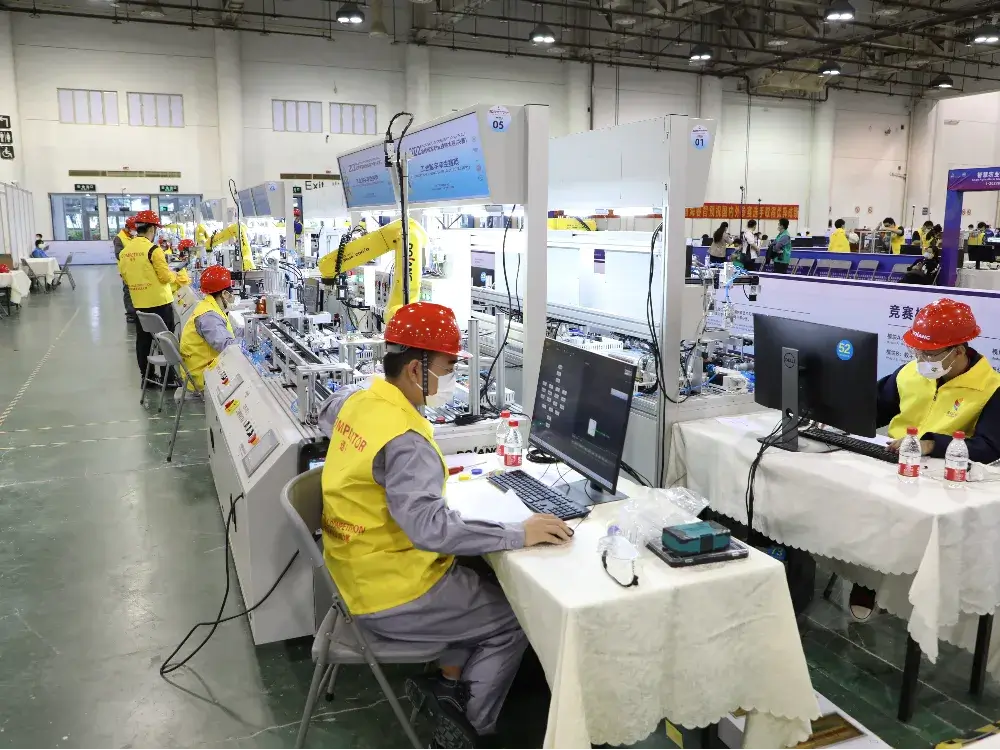
II Development of Industry 4.0
Industrial automation is an important prerequisite for Industry 4.0 manufacturing. From the 1760s, the first revolution, to the Industrial revolution 4.0, the technological revolution has more than 200 years of history. Every new round of technological revolution is developed based on the previous round of technological revolution. The Fourth Industrial Revolution is no exception. Industrial revolution 4.0 combines information technology with manufacturing, mainly in mechanical manufacturing and electrical engineering. Now 9 years later, Industry 4.0 manufacturing has brought new opportunities for machinery, electrical equipment, and other industries. Many manufacturing industries have also become intelligent manufacturing industries.
Industry 4.0 manufacturing involves different industries. Therefore, cross-industry collaboration becomes inevitable. In addition to cross-industry collaboration, cross-border cooperation is a major feature of Industry 4.0 manufacturing. In today’s economic globalization, global cooperation is an inevitable trend. Countries should strengthen dialogue and cooperation in production intelligence to achieve win-win results.
For example, Dolang Industry 4.0 manufacturing training equipment purchases sensors from Germany and industrial robots from the United States and Japan. Training equipment is the product of economic globalization.
Today, Industry 4.0 manufacturing still has vitality.
III What does Industry 4.0 manufacturing mean for the manufacturing industry?
The global economy has slowed in recent years, making the manufacturing industry face new challenges. On the one hand, labor and material costs have continued to rise, which results in high production costs. On the other hand, products update more frequently, and too much inventory is likely to lead to greater risks. Therefore, manufacturing needs a new model. Industry 4.0 technologies were born in response to the current predicament of the manufacturing industry.
Industry 4.0 manufacturing has a profound impact on the manufacturing industry, as follows:
1 Cost savings
We first need to know that the root of Industry 4.0 is not the technology itself but the transformation of production methods. The third scientific and technological revolution has helped humans replace labor with many machines, which greatly saves labor. However, these machines are not interconnected, and manual operations are still required. Industry 4.0 manufacturing emerged to solve this problem. Industry 4.0 manufacturing must not only solve the interconnection between equipment but also the interconnection between departments. It enables messages and data to be delivered on time, saving time and cost.
In addition to the manufacturing process, industrial automation also connects the production and sales processes, which can be said to realize the interconnection of everything. From customers asking questions to customers placing orders, artificial intelligence can replace most of the work done by humans. The technicians program the data, and the computer automatically transmits the order information to the corresponding production department when the customer places an order. The production department automatically takes orders distributed to the various machines to start the production process. Compared with manual operation, industrial automation has more standardized production processes and higher accuracy.
2 Change the manufacturing competition model
In many ways, Industry 4.0 manufacturing contributes to the advantages of the manufacturing industry. Cheap labor is no longer a huge advantage. Manufacturers and suppliers must rethink the entire industry chain and how to reduce products price through optimization. Under digitalization’s support, managers will be stronger. In terms of creativity and innovation, it is beneficial for enterprises to establish a strong value chain and obtain a unique competitive advantage.
With the support of Industry 4.0 manufacturing, suppliers, manufacturers, and customers will be closely connected in the future. The production system will be faster to respond and can support personalized customization. Virtual technology can simulate all aspects of production, such as testing product quality. These technologies will become the competitive advantage of the future manufacturing industry.
3 Digital technologies change asset efficiency
Asset management is an important part of many asset-intensive industries. Such as mining, power, and chemical industries. These industries improve working efficiency thanks to IoT. Thanks to the data provided by high tech, technicians can predict potential errors. It benefits all industries.
IV Industry 4.0 in Education
Industry 4.0 practical training is an indispensable course for higher and vocational education. The importance of Industry 4.0 to manufacturing makes it equally important in education, especially in vocational education. As mentioned above, Industry 4.0 manufacturing is significant to industries such as machinery and electronics. While Industry 4.0 manufacturing is just emerging, there is a talent shortage. Therefore, Industry 4.0 training courses have become compulsory for many students.
To encourage these majors to focus on their studies, in addition to holding national vocational skills competitions, some world organizations have also opened vocational skills competitions. As a result, the Industry 4.0 training program has become one of the many exam items for these competitions.
At present, Industry 4.0 training equipment involves digital twin technology, Industry 4.0 smart factory technology, Internet collaborative manufacturing, and so on. The school uses Industry 4.0 training equipment to train students to master virtual reality technology, PLC programming, industrial Internet, industrial robots, and other technologies. Students simulate the production process of a real factory by operating this training equipment.
Final Thought
All in all, Industry 4.0 manufacturing is the fourth industrial revolution characterized by IoT, industrial automation… Industry 4.0 manufacturing has a great impact on human society. It will promote the development of human society just like the previous three technological revolutions. We should seize the opportunities brought by Industry 4.0 manufacturing and realize transformation and upgrading through the technological, model, and management innovation.


